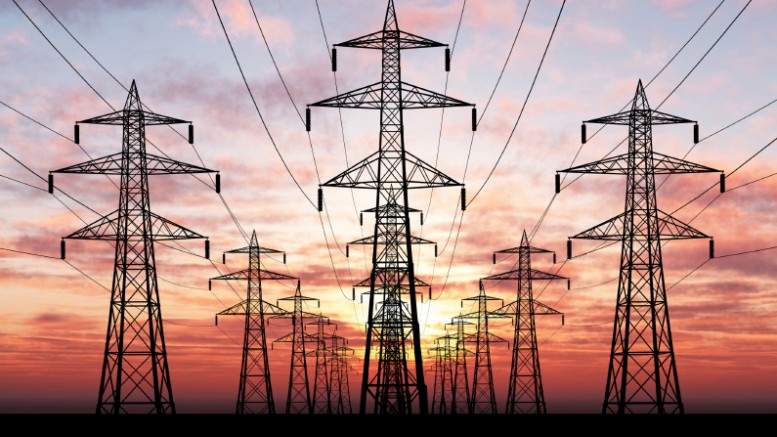Nationwide, AMI “smart meters” are being foisted upon utility consumers for monitoring their gas, electric and water needs. However, these “smart meters” are not really a smart choice, after all.
Smart meters are known for releasing dirty electricity and high-pulse harmonics into interior wiring of whatever buildings they’re installed in. They are also known for emanating electromagnetic non-iodizing radiation frequencies, also known as RFs or EMFs. These EMFs are being transmitted into every living space, work place and any other area that has been retrofitted with a smart meter device.
According to ActivistPost.com, smart meter devices are similar to microwaves — if your microwave didn’t have a door and couldn’t be turned off while generating what are known as non-thermal adverse health effects.
The World Health Organization’s IARC classifies such emissions as Class 2B carcinogens, but that doesn’t seem to be very important to many people. However, some senators are realizing that there are other potential dangers when it comes to smart devices.
The network of cellphone and mast towers that essentially functions as the brain of our “smart” technology society doesn’t just have a few holes in it — it could be hacked into and taken down with relative ease, actually.
Four U.S. senators have come up with a proposal to enhance the security of our energy grid. The bill was introduced in June 2016 and is entitled the Securing Energy Infrastructure Act of 2016. The senators are essentially proposing the use of analog technology at utility companies to reduce their vulnerability, but consumers would still have smart devices that would leave them open to attack.
The lack of security associated with smart meters is nothing new. In 2013, the BBC reported on the many security flaws seen in these awful little devices. Security consultant Eireann Leverett from IO Active told the BBC that there are two primary ways of hacking into a smart meter; through their mobile communication network, or through tampering with the hardware.
Being able to hack many devices at the same time — through their mobile network — is what is of most concern. A single individual may not particularly important, but why stop there when you can take out every meter in roughly the same amount of time?
Smart meters are just as threatening to national security in the United States as they are in England. If our government will not try to make our energy grid more secure, it is up to citizens to prepare and protect themselves.
Sources:


